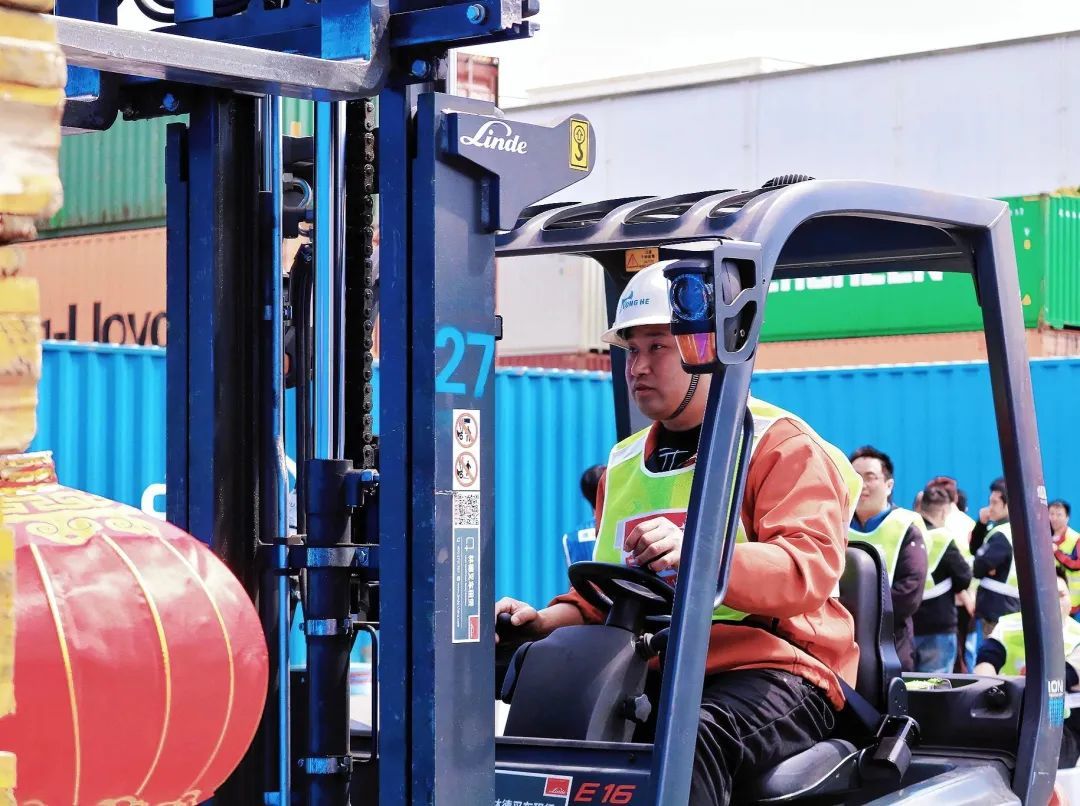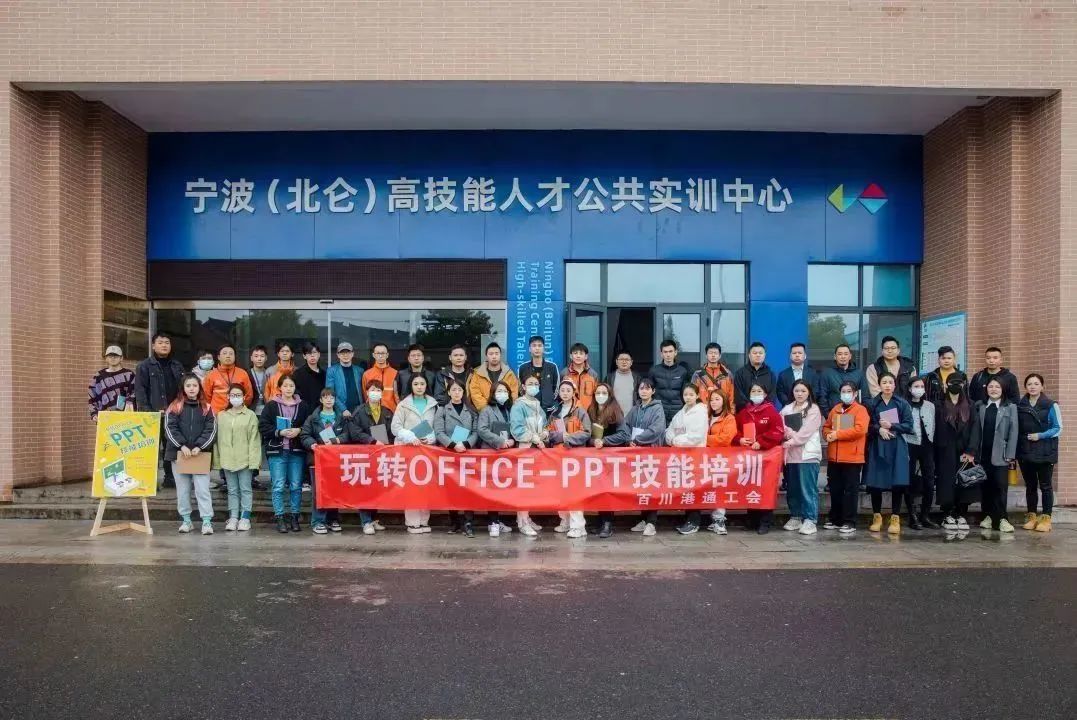News center
2023/08/11
Baichuan Port Training | Enhancing Situational Leadership and Building High Performance Teams
In order to enhance the management organization ability of the company's middle and senior leaders, enhance the "people-oriented" management thinking consciousness, and strive for management innovation. On May 20, 2023, Baichuan Port Company opened a creative and positive "Situational Leadership" training course.
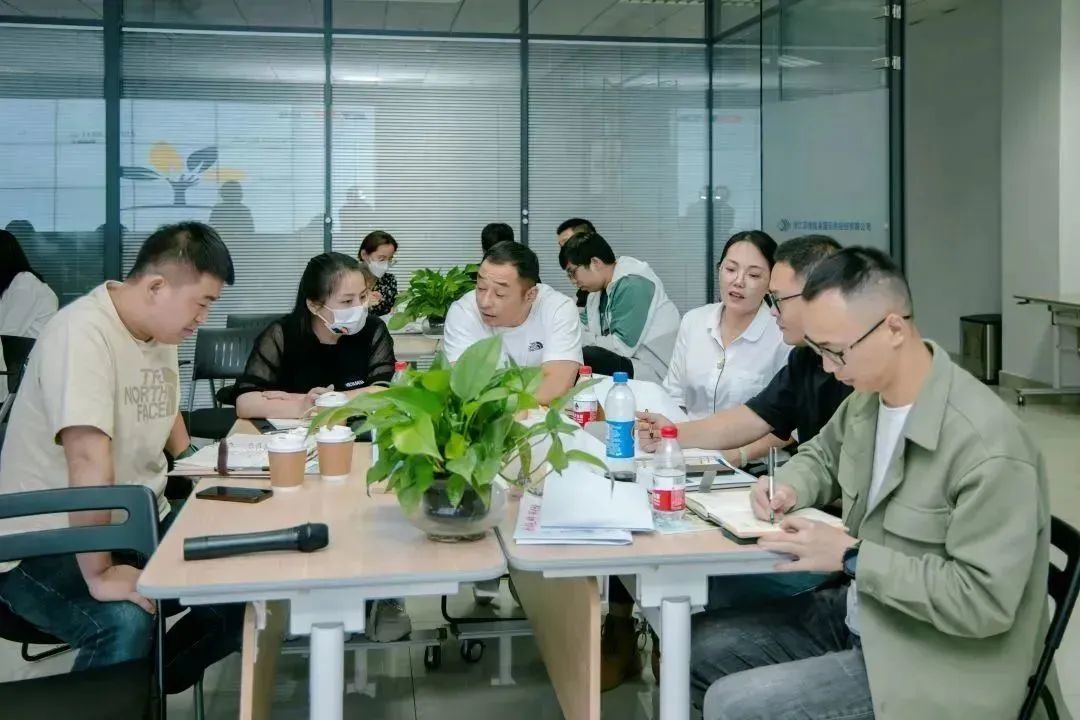
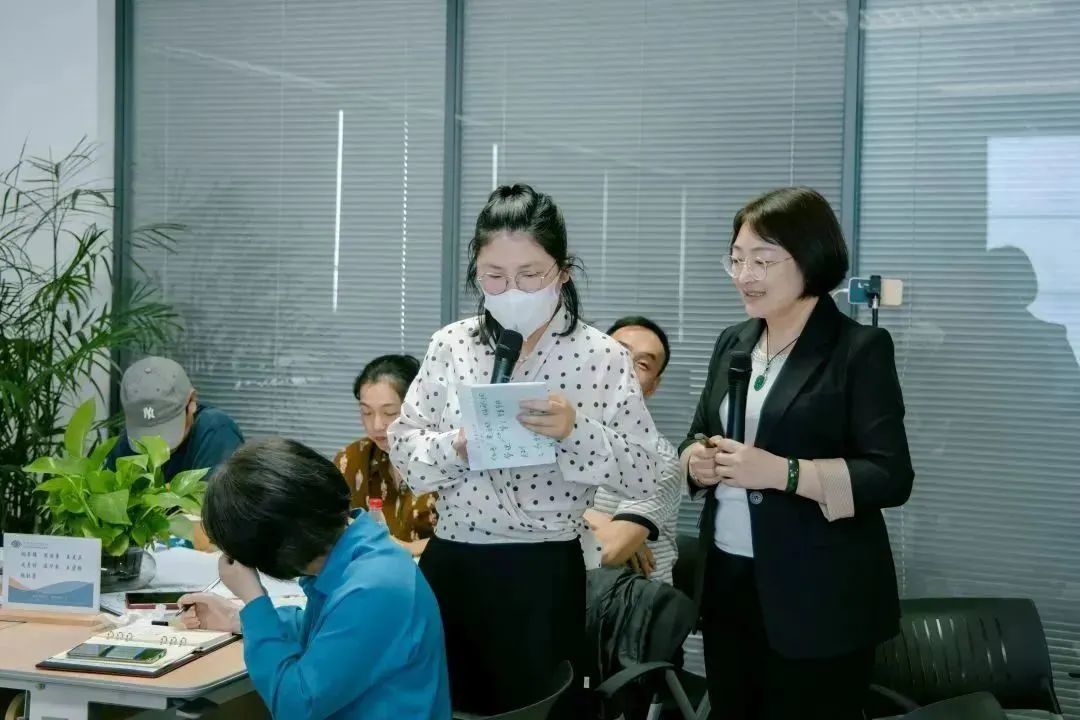
Training Topic
The main teacher of this training is a history teacher who combines humor and strength. It makes us systematically learn the conceptual expression of situational leadership, understand how to use situational leadership and how to do situational leadership well, it has overturned many previous understandings of leadership and management methods.

Training Content Review
At the beginning of the training, the teacher threw out the introduction question "What are the characteristics of the best leader and the worst leader in your mind" and asked everyone to discuss in groups to lead to the theme of situational leadership.
During the training process, the teacher introduced the work behaviors of four types of employees to us. Through some remarkable performances of employees in the work process, we can more clearly divide the stage of employees and the needs of employees at this stage, and adjust the working skills and working status of employees in real time by fully understanding the working ability and willingness of employees.
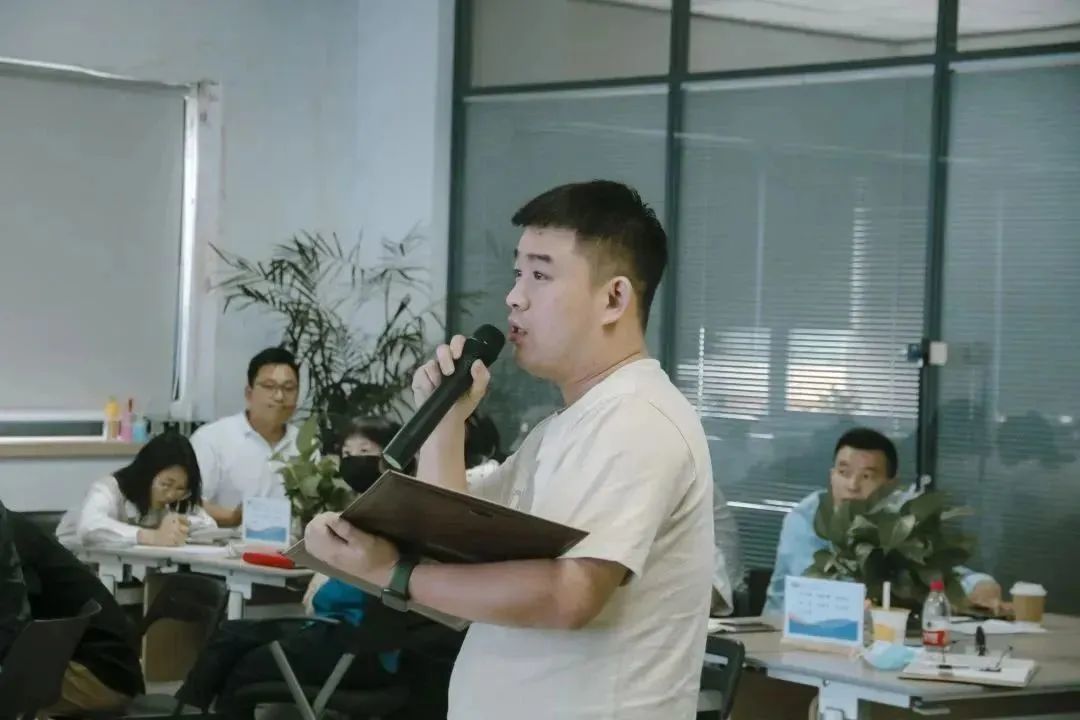
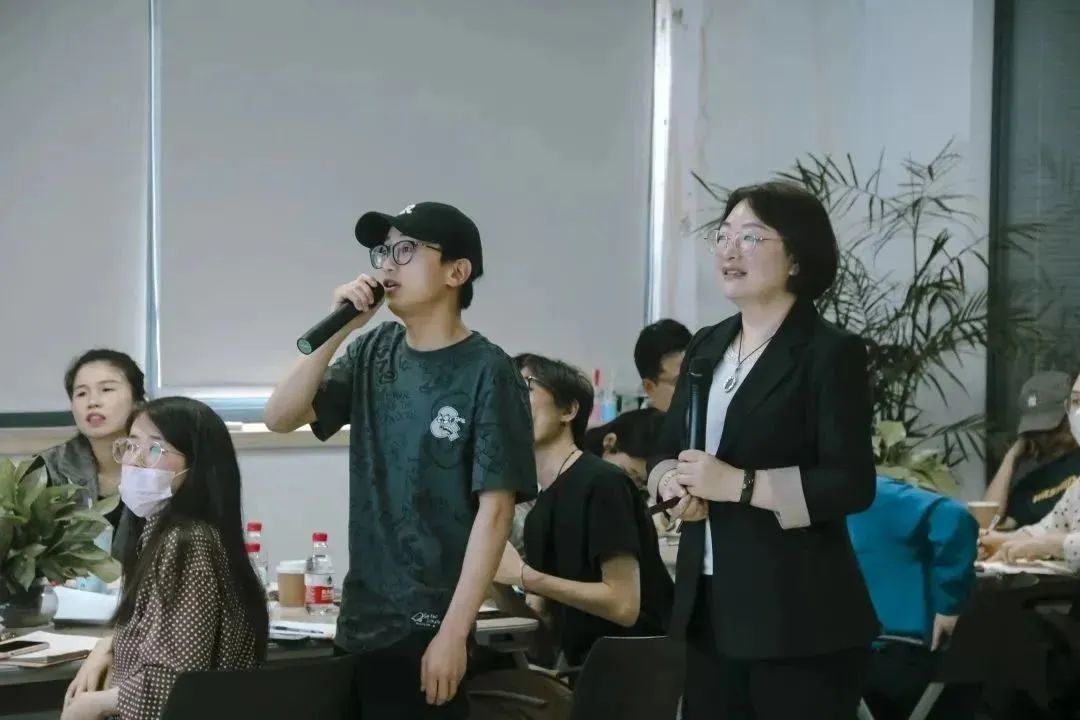
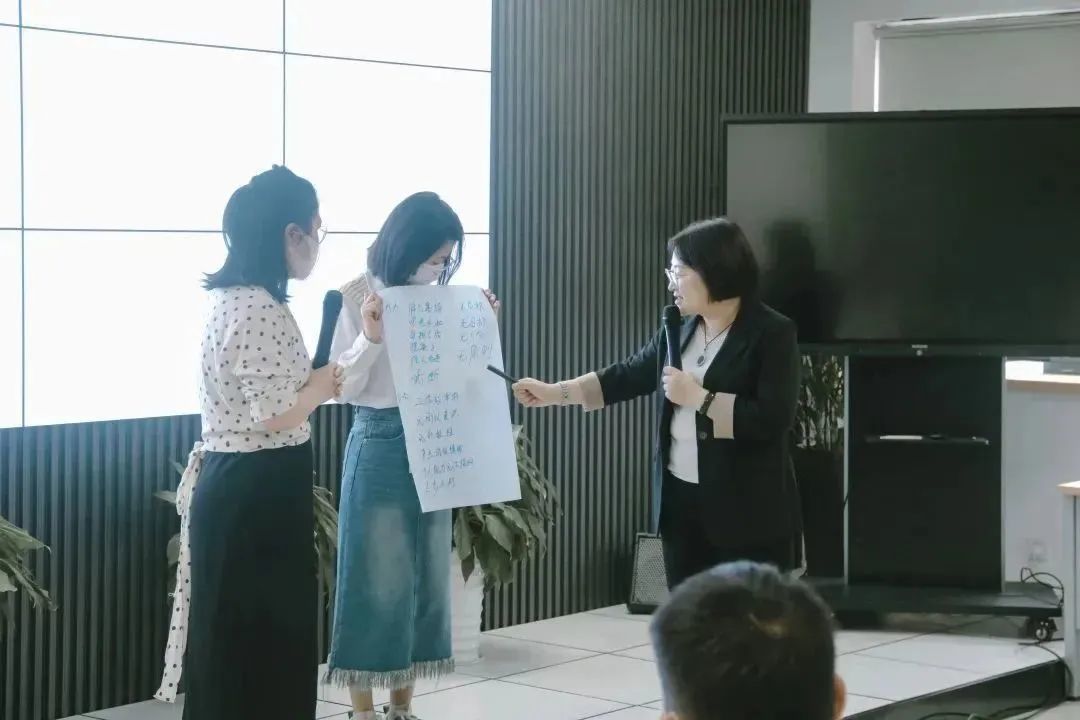
Then, Mr. Shi introduced four leadership methods-informing, heuristic, motivating and decentralization. These four leadership methods correspond to the four types of employees mentioned earlier, overturning our previous understanding of the uniqueness of management methods.

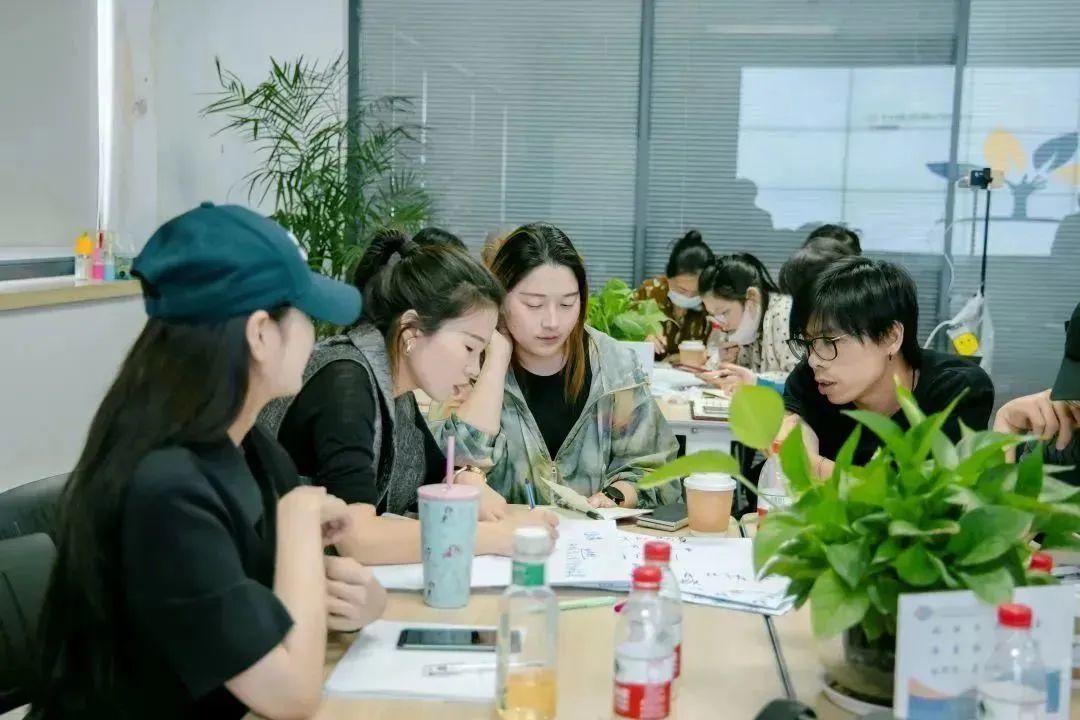
Guide people because of their nature and water control because of their potential. In our work, we will meet people in various states. Whether we communicate with colleagues or subordinates, we may as well use situational leadership mode to classify people in different states, then try to decompose the coping steps, practice and consolidate repeatedly, apply what we have learned, and make others more willing to listen to what we say.
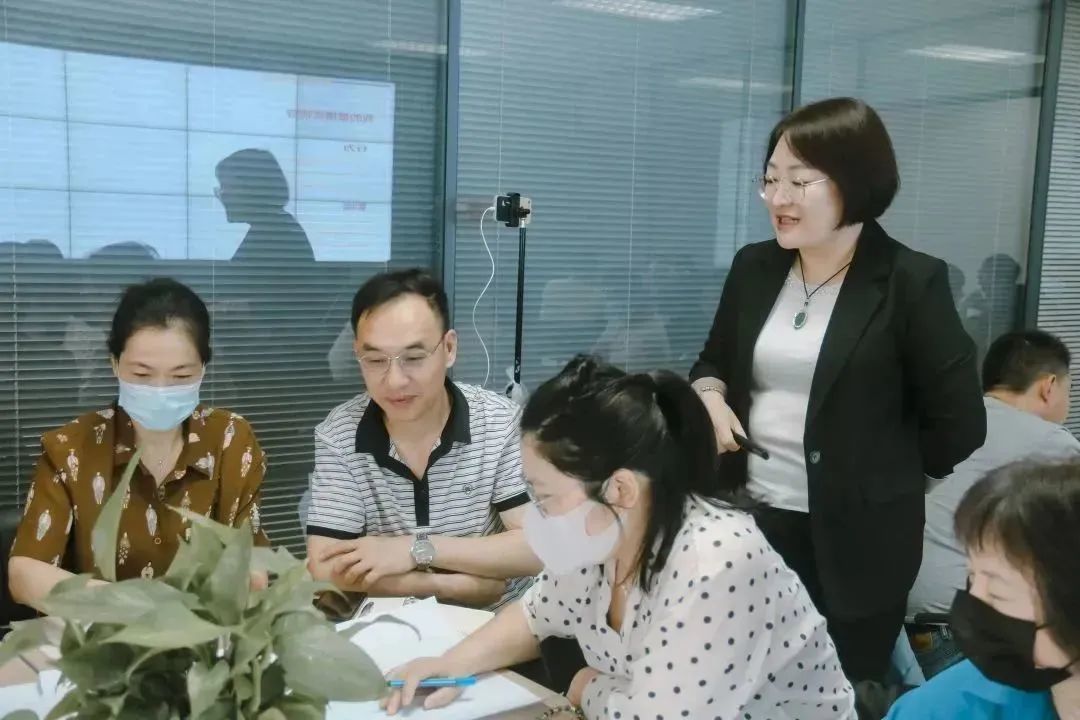
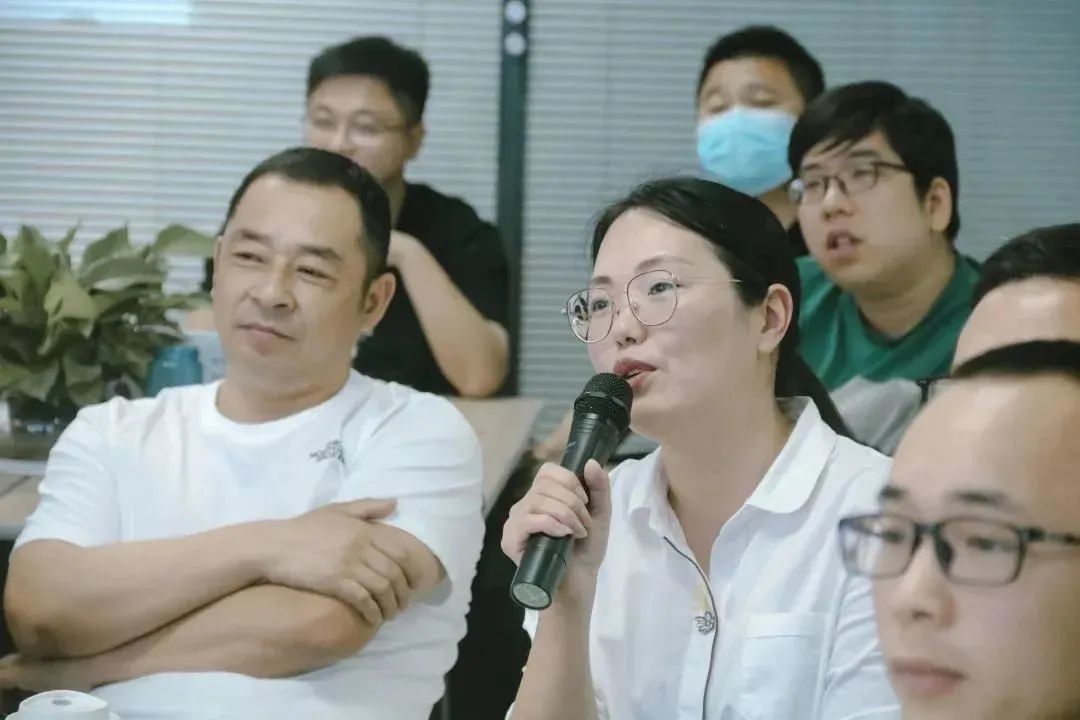
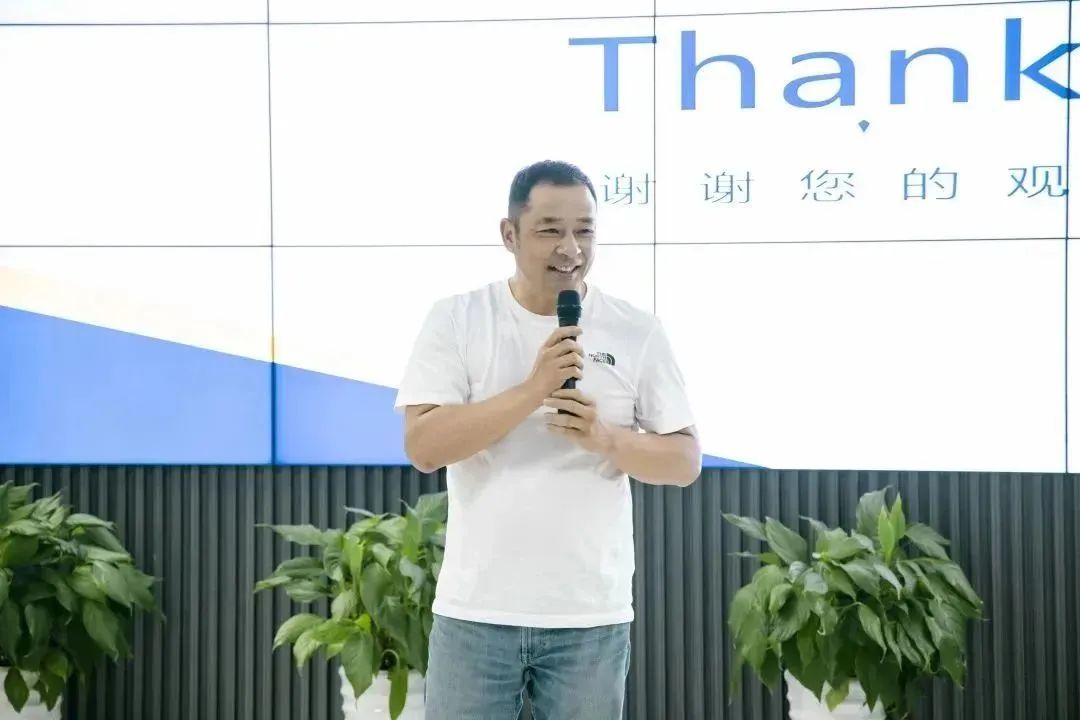
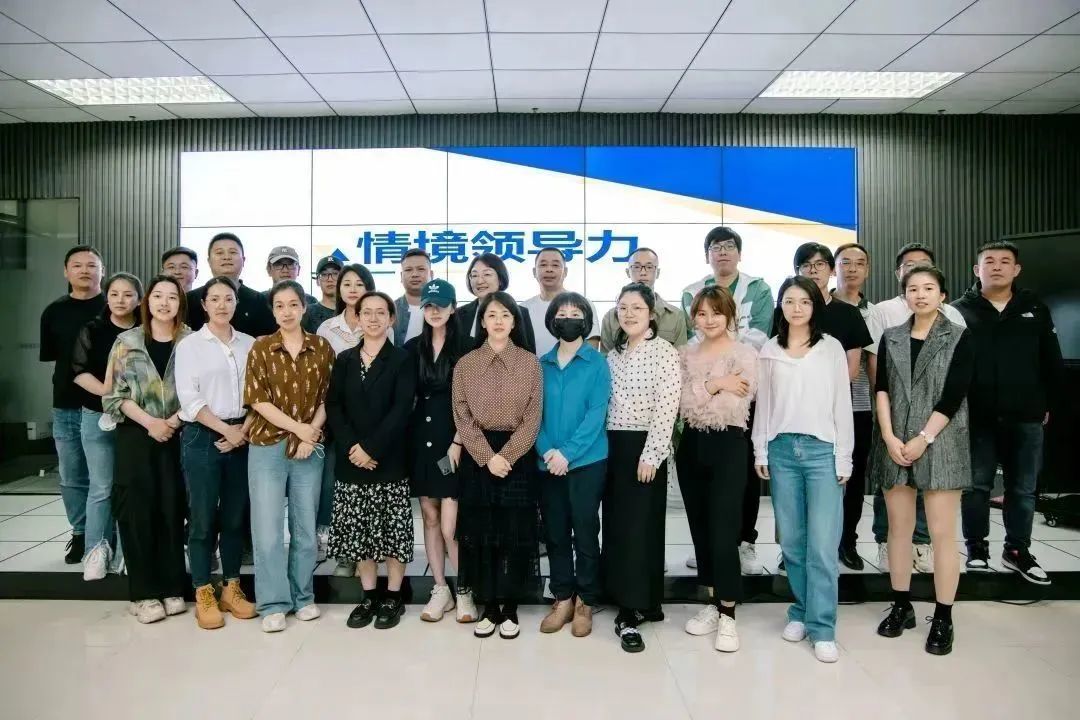
Other related news


